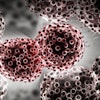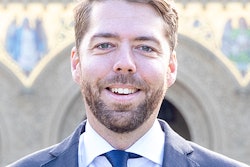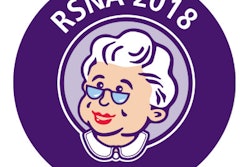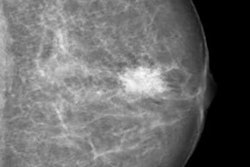
Are some medical students choosing not to pursue radiology as their specialty due to concerns over the potential effects of artificial intelligence (AI)? The answer appears to be yes, according to results from a survey of Canadian medical students published online November 11 in Academic Radiology.
A team of researchers led by Bo Gong of the University of British Columbia surveyed students at all 17 Canadian medical schools to investigate their perceptions of the impact of AI on radiology and assess how it influenced their preference for radiology as a specialty. Of the students who considered radiology to be among their top three choices, less than one in three respondents believed that AI would replace radiologists in the foreseeable future. However, more than two-thirds felt AI would reduce the demand for radiologists.
Perhaps most troubling, one-sixth of respondents indicated they would not consider radiology because of anxiety about AI, even though they otherwise would have ranked the specialty as their first choice.
"In anticipation of a significant shift in radiology practice as a result of AI technology, the radiology community should help educate medical students about the potential impact of AI, to relieve student anxiety and ensure the long-term prosperity of the field," the authors wrote.
The researchers, who also included senior author Dr. Savvas Nicolaou, received 322 responses to the anonymous online survey that was distributed in March 2018. Of these, 70 students reported that they considered radiology to be their top specialty choice; a total of 133 deemed radiology to be among their top three choices. Only 29.3% of respondents who considered radiology to be among their top three choices said they believed AI would replace radiologists in the foreseeable future, while 67.7% felt AI would reduce the demand for radiologists.
Of the 70 respondents who indicated that radiology was their first choice, 48.6% said AI caused them anxiety when considering radiology as a specialty. After asking all respondents to re-rank radiology as a specialty choice if the potential impact of AI was not a consideration, 84 said they would consider radiology to be their first choice -- an increase of 20%. What's more, one of these respondents had previously expressed no interest in radiology.
"Although interested students generally disagreed with a 'replacement' view, many were concerned about the potential 'displacement' of radiologists by improved efficiency with the future AI-augmented model," the authors wrote. "Such anxiety discouraged a significant number of medical students from considering the radiology specialty."
In other findings, the researchers observed that prior significant exposure to radiology and high confidence in understanding AI technology decreased anxiety about the effects of AI.
"Our results could provide important insight into medical students' perceptions of AI in radiology, and their impact on their specialty preference," the authors wrote. "This in turn could help the radiology community develop effective strategies to educate medical students and attract the best candidates to the field."




















